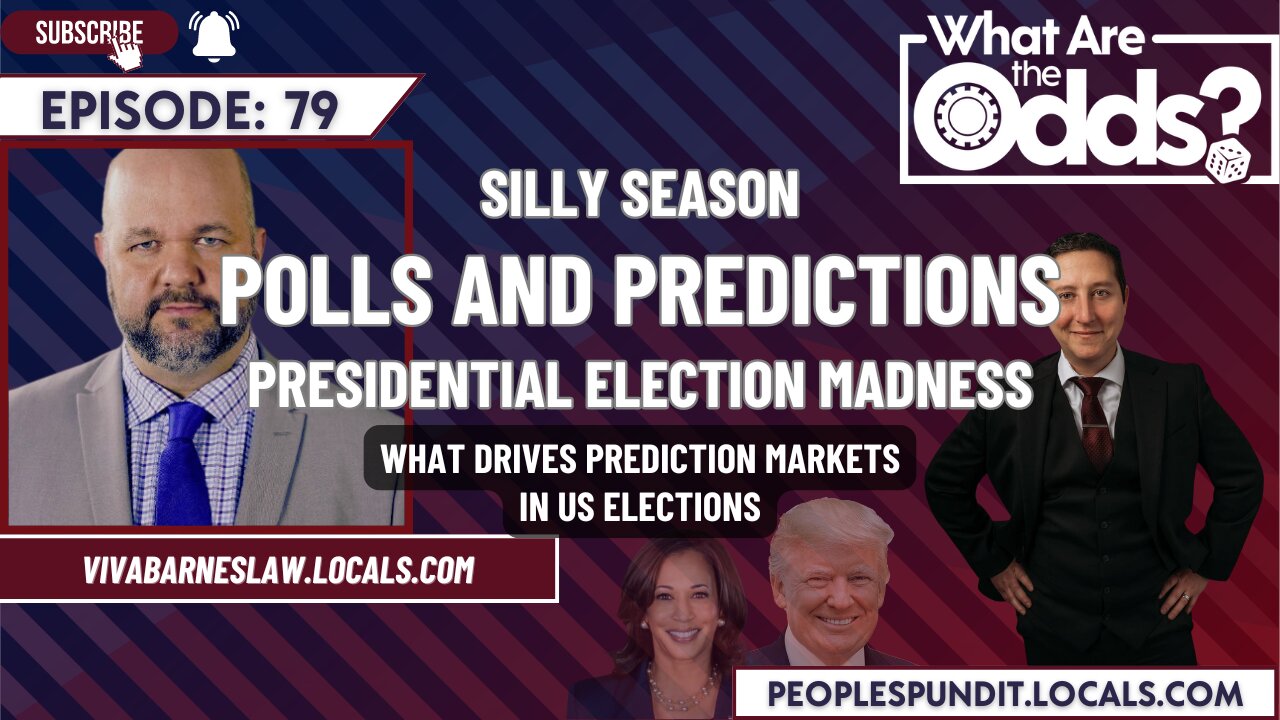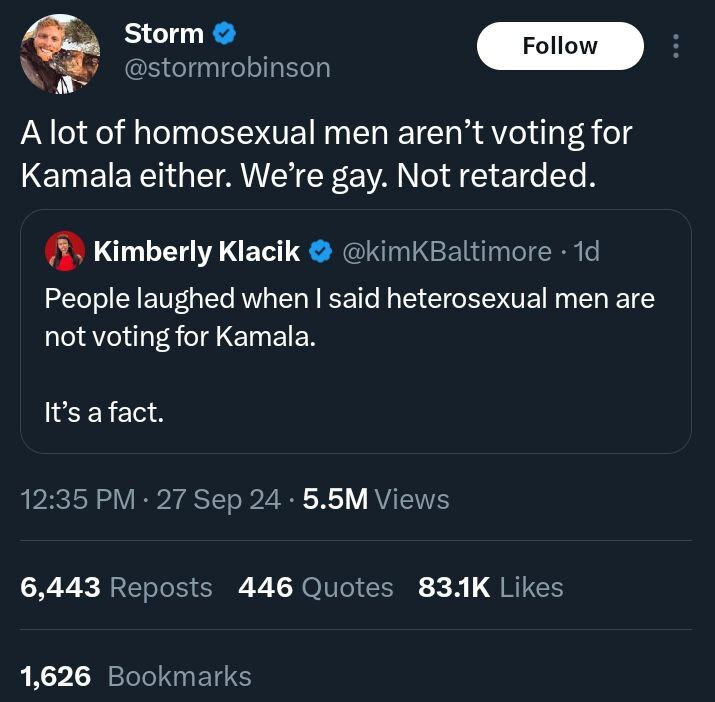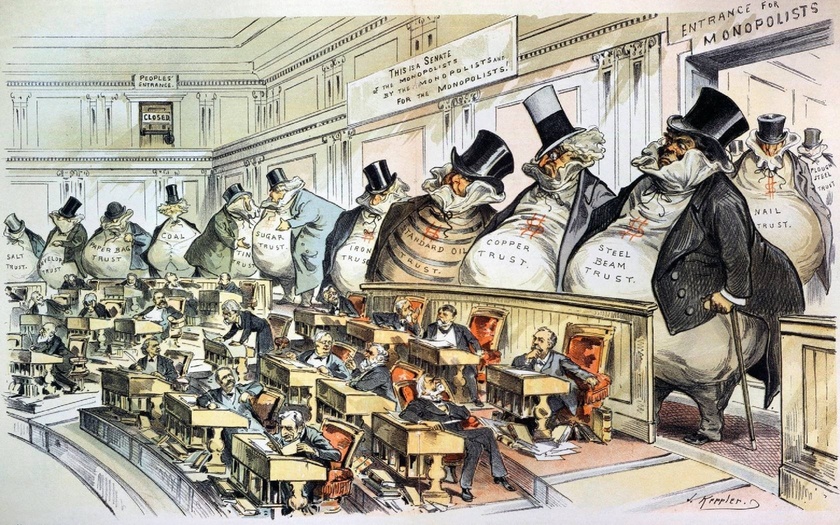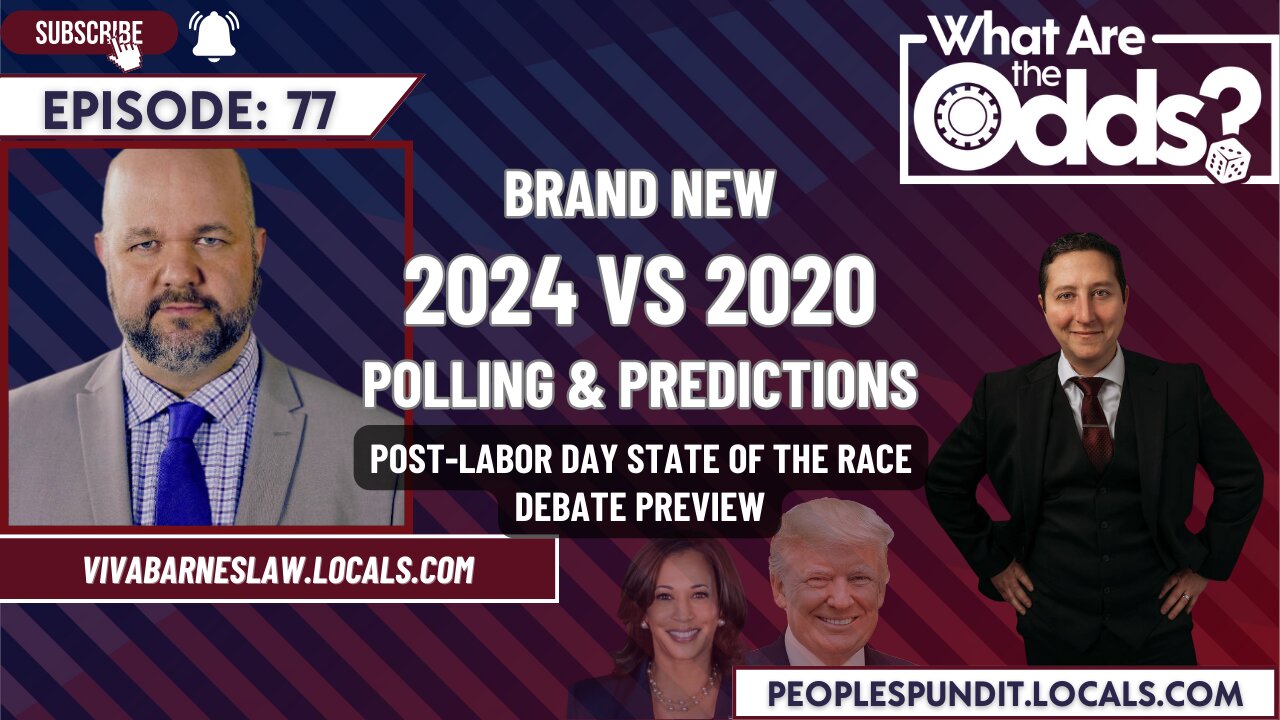Schedule: Past & Prospective
Past
- What Are The Odds:

- Barnes Brothers:

Upcoming
- LIVE Friday Night Betting w/ Barnes: https://sportspicks.locals.com/post/6163041/live-betting-w-barnes-friday-september-27-2024
- Saturday Movie: TBD by Board Poll
- Sunday: Law for the People w/ Viva
Closing Argument: 2nd Amendment on Trial in Reuben King Case
Book Recommendation: The Founders’ Second Amendment. https://www.goodreads.com/book/show/2451838.The_Founders_Second_Amendment
Art of the Day: Ancient Chinese art transformed from the decorative into the expressive, capturing the deeper truths in nature that make the soul sing serenity. The ever-knowing colorful birds smiling back at the viewer hint at their secret knowledge, welcoming them into this sanctuary of blissful truth. Their cross-crossing paths like a Henri Cartier-Bresson photograph skip us along the tree of life before glimpsing on to the life-powering waterfall smuggled amidst the mountains just beyond.
Wisdom of the Day: “I prefer dangerous freedom over peaceful slavery.” Thomas Jefferson.
























